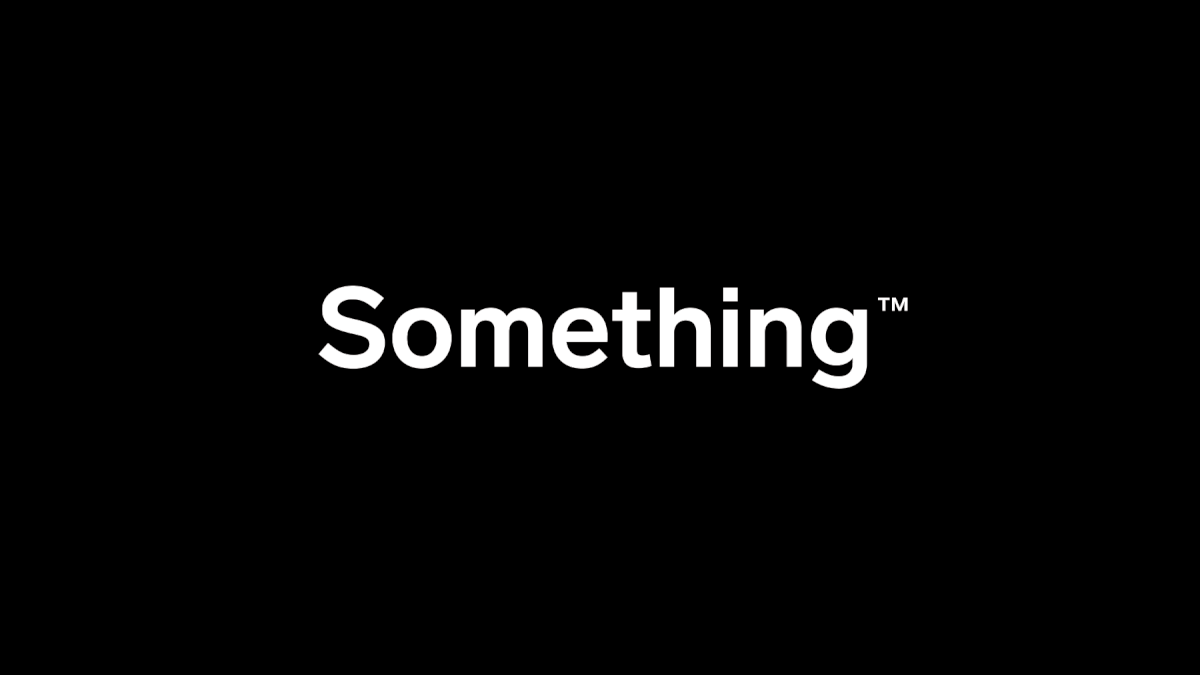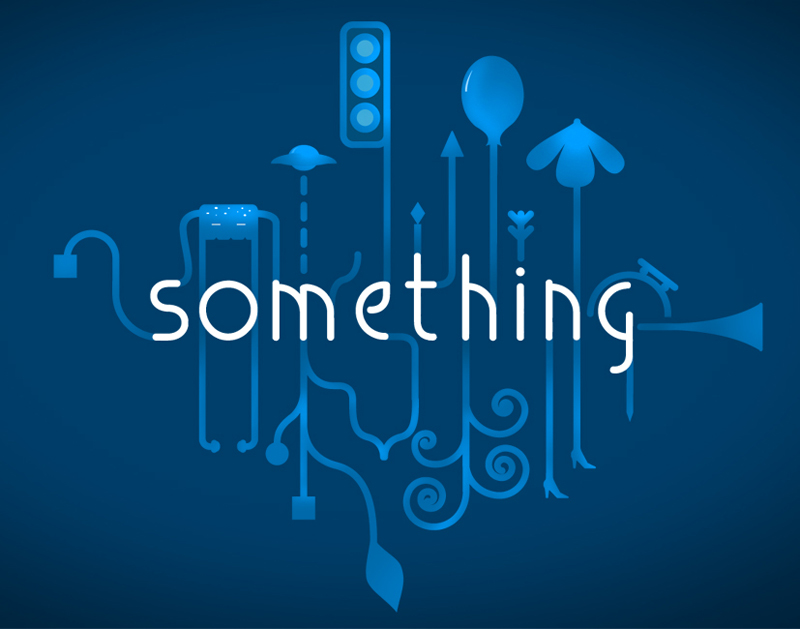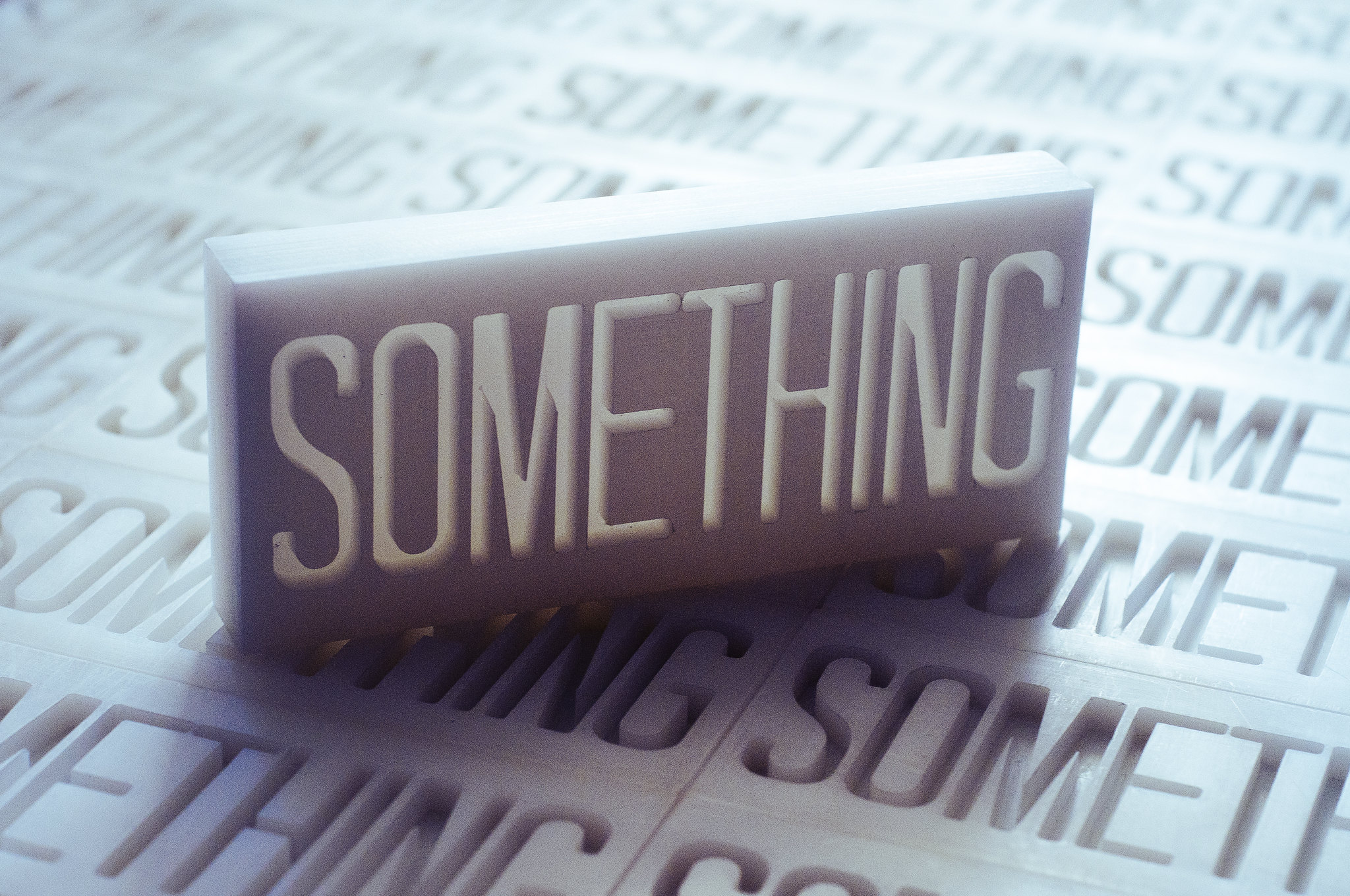🤖 AI-Generated Content
This content has been created using artificial intelligence. While we strive for accuracy, please verify important information independently.
Have you ever stopped to think about how words feel? Not just what they mean, but the actual sensation of saying them, or hearing them? It's a curious thing, really, how a simple collection of sounds can hold so much weight, carry so much feeling. Like a tune you can't quite get out of your head, some words just resonate, you know? They have a certain vibe, a particular kind of energy that sticks with you.
Think about a moment when you really felt something. Maybe it was a sense of calm, or a burst of joy. There's a personal experience tied to that, a unique inner world that comes alive. It's almost like a mental picture, or a specific flavor on your tongue. That inner experience, that private sense of what it's like to be in a certain state, is a big part of how we understand the world and, indeed, how we talk about it. So, a feeling in your head, like when you look at something, comes alive inside you, and that is very much how we connect with what's happening around us.
This idea of "something it's like" is pretty cool, isn't it? It gets at the heart of how we experience life, and it also makes us think about the language we use to describe those experiences. When we talk about "something like this lyrics," we're not just talking about words on a page; we're talking about the feelings, the hints, the unspoken connections that words help us make. We're going to explore how a very common word, "something," plays a bigger role than you might think in shaping our thoughts and conversations, and how it can feel a bit like a mystery, or perhaps a familiar melody.
Table of Contents
- What Does It Feel Like to Experience Something?
- When a "Something" Isn't Just Any "Something like this lyrics"
- How Does Language Shape What We See?
- The "Off" Feeling of Certain Phrases - Something like this lyrics and Grammar
- Can We Really Pin Down "Something"?
- "Something like this lyrics" and the Nuances of Caring
- Echoes of "Something like this lyrics"
What Does It Feel Like to Experience Something?
When you hear a catchy song, there's often a particular feeling it gives you, right? A kind of inner hum or a jump in your step. That's a bit like what happens when we talk about a mental state, say, looking at the world around you. There is, in fact, a definite sensation that goes along with that act. For instance, there's a unique experience for me as I see you at this very moment. It's not just that my eyes are open; there's an actual inner awareness, a personal take on what that seeing feels like. This personal inner sense is what makes our experiences real to us, and it's something we often try to put into words, perhaps like we're trying to capture the essence of "something like this lyrics."
This idea, that there's a specific, private feeling that comes with being in a certain state, is quite a powerful one. It means that our thoughts and senses aren't just mechanical actions; they carry a unique flavor for each of us. It's the difference between knowing a fact and truly feeling it. So, when we talk about seeing something, we're not just talking about light hitting our eyes; we're talking about the whole personal show that plays out in our heads. This personal show is, you know, what gives life its texture and depth.
When a "Something" Isn't Just Any "Something like this lyrics"
Sometimes, language throws us a little curveball. You might hear someone say "a something," and it can make you pause. Normally, "something" stands on its own, pointing to an unknown thing. But when you add "a" in front of it, like "a something," it changes the feel. It makes that "something" seem like a specific, single item from a larger collection of unknown things. This way of speaking is a bit out of the ordinary, because our everyday way of talking usually doesn't put "a" before "something." It's almost like hearing a familiar tune played with a slightly different rhythm, making you wonder what the songwriter intended with "something like this lyrics."
- Nova Patra Video
- Russian Lathe Incident
- Ero Me Yailin
- Mike Mcduck Olsen
- Nicholas Alexander Chavez Mexican
This unusual phrasing makes us think about the typical patterns of our speech. When we use words, we generally follow certain unspoken rules that make our conversations flow easily. When one of these rules is bent, even a little, it draws our attention. It’s like a tiny ripple in the pond of our communication, making us notice the word itself rather than just its meaning. This can be quite interesting, as it highlights how sensitive we are to the small details of how words are put together. So, when you hear "a something," it's not wrong, but it certainly has a particular kind of flavor to it, doesn't it?
How Does Language Shape What We See?
Have you ever thought about how the way we ask a question can change its feel? Consider asking "what a cup is?" versus "what is a cup?" Both ways try to get at the same idea, but the first one, "what a cup is?", just feels a bit off, doesn't it? It's not quite how we usually put things. The second one, "what is a cup?", flows much more naturally from our mouths. This shows us that while both might be technically correct in a very strict sense, one just fits better with the common patterns of how we speak. It’s a subtle thing, yet it makes a big difference in how comfortable the words feel to our ears, almost like the natural rhythm of "something like this lyrics."
This distinction between what's technically allowed and what feels natural is pretty important for how we communicate. It highlights that language isn't just a set of rigid rules; it's also about rhythm, flow, and the unspoken expectations we have for how words should connect. When a phrase feels "off," it’s often because it breaks one of these unwritten rules, even if it doesn't break a written one. This sensitivity to how words are arranged helps us understand each other more easily and makes our conversations smoother. It's a bit like knowing the right notes to play to make a melody sound good, you know?
The "Off" Feeling of Certain Phrases - Something like this lyrics and Grammar
Let's think about how we talk about parts of something bigger, like a car. We often think of parts as things you can replace, like a new tire or a different headlight. But then there are also the core pieces, the things that truly make the car what it is: the engine, the hood, the roof, the chassis. These aren't just items you swap out; they are fundamental pieces that define the whole vehicle. This way of looking at things helps us see that "parts" can mean different kinds of pieces, some essential and some simply interchangeable. This difference in how we see things can be a bit like trying to figure out the deeper meaning in "something like this lyrics."
This distinction matters because it shapes how we understand categories and what belongs where. When we say "parts of a car," we might be thinking about the big, structural elements, or we might be thinking about smaller bits that can be bought at a store. The meaning changes based on our focus. This is a common thing in language, where a single word can point to different ideas depending on the context. It shows us how flexible our language is, and how our minds sort out the world into different levels of importance and connection. So, a "part" isn't always just a "part," it seems.
Can We Really Pin Down "Something"?
When do we use "something" and when do we use "anything"? It’s a subtle difference, but an interesting one. We tend to use "something" when we're talking about an unspecified number of items in a more general way, perhaps when we're not quite sure what those items are, but we know they exist. "Anything," on the other hand, seems to fit better when we're talking about a choice from a wider, perhaps unlimited, range of options. For instance, if you say, "I need something to eat," it suggests a general hunger, but "I'll eat anything" means you're open to all food choices. This distinction helps us communicate the breadth of our ideas, a bit like how a musician chooses between a broad chord and a single, precise note in "something like this lyrics."
It's interesting to see how different languages approach these small but important grammatical points. For example, some grammar guides from places like Korea point out that nouns that finish with "thing," like "something" or "anything," generally take "that" as a connecting word. So, you might say "something that is good" rather than "something which is good." This shows how specific rules can guide how we link ideas together, creating a smoother flow in our sentences. It helps us build clear connections between parts of our thoughts, making them easier for others to grasp. This makes you wonder, does that mean that something has a fixed way it must connect?
Sometimes, when we speak, we want to put extra emphasis on a particular part of a word. Imagine wanting to highlight the "thing" part of "something." This might happen if you want to make it clear you're talking about an object, rather than a person, like "someone." This way of speaking, where you might even separate the words in your mind to give one more weight, is a powerful tool for getting your point across. It's a bit like how a singer might hold a note longer or make a certain word louder to draw attention to it in "something like this lyrics." Jim Carrey, in a famous moment, quoted Shatner, showing how we often borrow and reuse language in playful, emphatic ways.
"Something" itself is a kind of placeholder word, you see. It's a pronoun, which means it stands in for a noun, much like "a thing" would. But it's an indefinite pronoun, meaning it doesn't point to a specific, named item. It's more general, a bit vague, yet still very useful. And did you know that "a" and "an" come from the Old English word for "one"? This means that when we say "a thing," we're really saying "one thing," suggesting a single item. This historical connection shows how deeply rooted our language is, and how even the smallest words carry a long history of meaning. So, I found a thing, and it was just one of many, perhaps.
"Something like this lyrics" and the Nuances of Caring
Let's consider the different ways we talk about "caring." What's the difference between "care of something or somebody," "care for something or somebody," and "care about something or somebody"? On the surface, they might seem quite similar, perhaps even interchangeable. However, there are subtle feelings that separate them. "Care of" often suggests looking after something, like taking responsibility for a house. "Care for" can imply providing support or affection, like caring for a pet or a person. And "care about" usually means having strong feelings or concerns for something or someone, showing a deeper emotional connection. It seems to me there's a definite, if small, difference in the feeling each phrase carries, much like the different emotional tones in "something like this lyrics."
These small shifts in phrasing are actually quite important for how we express our feelings and intentions. They allow us to communicate precise shades of meaning, letting others know exactly how we relate to a situation or a person. It's a testament to the richness of our language that we have so many ways to talk about something as fundamental as caring. Each version offers a slightly different perspective, a unique angle on a shared human experience. This ability to choose just the right words helps us connect more truly with each other, making our conversations more meaningful and our feelings clearer. So, when you choose how to express your care, you're picking a specific kind of connection, you know?
Echoes of "Something like this lyrics"
The phrase "something like this lyrics" really makes us think about how words can be both specific and wonderfully open to interpretation. Just like a lyric can hold many meanings depending on who's listening, the word "something" itself is incredibly flexible. It can point to a concrete item, an abstract idea, or even a feeling we can't quite name. It's a word that allows for mystery and possibility, a kind of linguistic placeholder for the unknown or the yet-to-be-defined. This openness is a big part of why language is so powerful, allowing us to hint at things, to suggest, and to leave room for personal understanding. It's pretty cool, when you think about it.
Our language is full of these small wonders, words that seem simple but carry a surprising amount of depth and flexibility. From the feeling of "something it's like" to the subtle differences in "care of," "care for," and "care about," every word plays a part in shaping our reality. The way we use pronouns, the emphasis we place on certain syllables, even the historical roots of our smallest words, all contribute to the rich tapestry of human communication. It's like a grand, ongoing conversation, where every choice of word adds a little something to the overall picture. And Jim Carrey quoting Shatner just reminds us how much fun we can have with it, too.
This exploration of "something" has shown us that even the most common words hold layers of meaning, grammar, and human experience. We've seen how our inner feelings give life to language, how small grammatical choices can change the flow of a sentence, and how the same word can point to different ideas depending on its use. We've also touched on how we categorize things, distinguish between general and specific, and connect ideas with relative pronouns. Moreover, we looked at the precise ways we express care, and how emphasis can shift meaning. All these little pieces work together to create the rich, nuanced world of how we speak and understand each other, much like how individual notes and rhythms come together to form "something like this lyrics."
Additional Resources
Visual Content



Disclaimer: This content was generated using AI technology. While every effort has been made to ensure accuracy, we recommend consulting multiple sources for critical decisions or research purposes.
